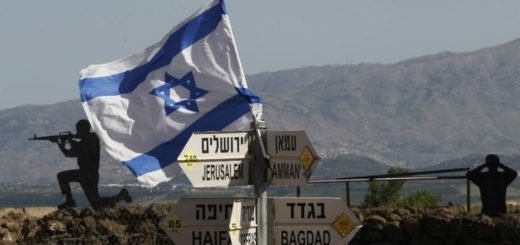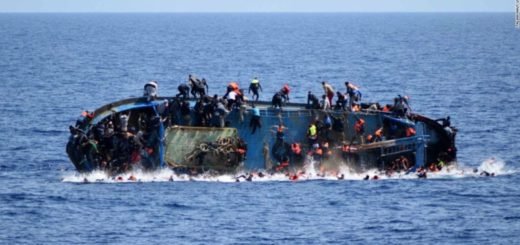East Mediterranean on high alert as tensions between Turkey and Greece escalate

The severe hostility in the relationship of the two NATO countries, Turkey and Greece, is not a recent development but it has to be examined in its long and tumultuous history. The two states haven’t seen eye to eye since the fall of the Byzantine Empire, the takeover of Greece by the Ottoman Empire, the Greek war of independence from the empire and several battles which were fought between the two countries during Turkey’s War of Independence. In 1974, the two countries went on a war for the last time over the issue of the ethnically split Aegean Island of Cyprus. Cyprus still being one of the disputed topics of the two countries, Turkey and Greece have moved on to much bigger problems now, the biggest being the disputed maritime territories of the Eastern Mediterranean.

The tensions further escalate with Turkey overstepping the provisions of the Treaty of Lausanne. The treaty created the Republic of Turkey, marked its borders and the territory that constitute the modern State of Turkey. It also had a provision which made the State promised protection over orthodox Christians living in Turkey and the Muslims living in Greek territories. The blatant violation of Provision was when President Recep Tayyip Erdogan converted the Hagia Sophia Museum into a Mosque and scheduled its first prayer coincidentally on the day the Treaty of Lausanne was signed. The Hagia Sophia is a monument that even Orthodox Christian Greek consider of religious significance. In response to this step, the Greek Prime Minister Kyriakos Mitsotakis called Turkey a “troublemaker”, and the conversion of the site an “affront to the civilisation of the 21st century”. In a statement on Saturday, the Turkish foreign ministry spokesman said: “Greece showed once again its enmity towards Islam and Turkey with the excuse of reacting to Hagia Sophia Mosque being opened to prayers.”
The second violation of the Lausanne Treaty was President Erdogan’s policies of expansionism by trying to reclaim the old Ottoman territories, because of which it is still eyeing Cyprus. The real bone of contention, however, has emerged to be the discovery of hydrocarbon reserves in the Eastern Mediterranean. In November, Turkey signed a maritime agreement with Libya’s UN-backed government that prompted it to claim the seabed that Greece already has claims over under the international law. Turkey seeks to revise not only international law but also potential control over the resources of hundreds of Greek islands in the Aegean Sea. Then Greece went ahead and signed a maritime deal with Egypt on an Exclusive Economic Zone (EEZ) in the Eastern Mediterranean. This deal pushed Turkey over the edge and it claimed the agreement to be null and void. Turkey claims that the Zone falls in Turkey’s continental shelf and that Cairo and Athens share no sea border for that agreement to be of substantiating importance.
This was the reason that ultimately leads to Turkey sending the Oruc Reis in the waters surrounding the Greek Islands for oil and gas exploration work. Under terms of the UN Convention on the Law of the Sea (UNCLOS), Greece claims territorial waters around its islands for exploration and exploitation of marine resources. Turkey is not a member of UNCLOS and hence does not accept the claim of Greece and resumes the exploration work. “Our country does not threaten [anyone], but nor can it be blackmailed,” the Greek prime minister, Kyriakos Mitsotakis, told the country on Wednesday night. “Let it be known to all: the risk of an accident lies in wait when so many military forces gather in a limited area.” Greece puts its military forces on alert as The Turkish survey ships enter Greece claimed waters. Greece is on high alert and has called back all its officers for further escalations on the seafront. It also said that it will engage it’s warships if Turkey initiates any surveying. The situation is very close to an actual showdown and the international community is eager for mediation.
Emmanuel Macron, standing by Greece demanded Turkey to stop the “illegal activities” on Greece territories at once before it deploys it’s military in the area. The military show of force was further ascertained by the French armed forces ministry which said that they will be dispatching two Rafale fighter jets and a naval frigate to the eastern Mediterranean. Greece has hailed the support of the French President as the support of a true friend. On the other hand, the Turkish President Recep Tayyip Erdogan called France a bully for intimidating it. After the jets of the two countries fly in proximity and a Greek ship collides with a Turkish ship accompanying the Oruc Reis, it is clear that it won’t be long before the Navies of both countries face each other in the near future. Greece also calls for an urgent meeting of EU foreign ministers regarding the issue.


















